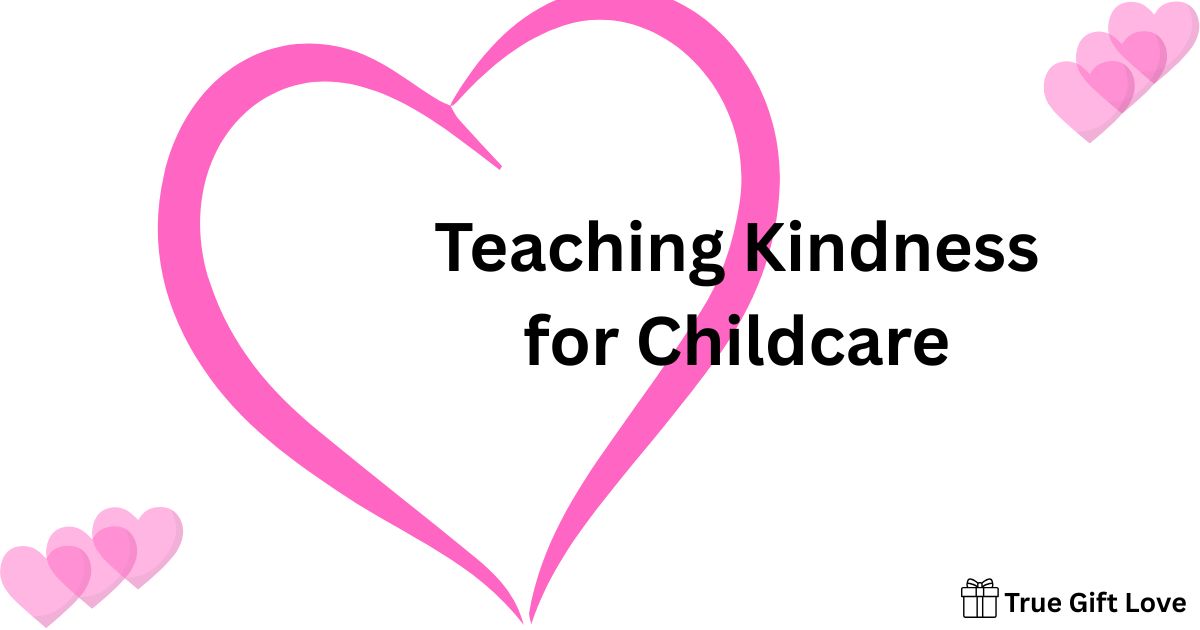Teaching Kindness and Friendship on Valentine’s Day in Early Childhood
Valentine’s Day may often be linked with chocolate, flowers, and romantic gestures, but in early childhood, its true magic lies in teaching the values of kindness, empathy, and connection. For young learners, this special day presents an opportunity to practice caring for others and develop strong social-emotional skills that support healthy relationships throughout life.
At this age, children are beginning to understand how their actions affect others. By turning Valentine’s Day into a celebration of friendship, we help them learn that love shows up in small, thoughtful acts every day.
Why Kindness and Friendship Matter in Early Childhood
From the first moments of interacting with peers, children discover what it means to be part of a community. Acts like sharing toys, helping a friend, and recognizing emotions form the foundation of social development. When children learn the importance of kindness and friendship, they:
- Build trust and feel safe in relationships
- Strengthen communication and cooperation
- Develop empathy by noticing and responding to others’ feelings
- Gain confidence through positive interactions
- Learn respect for differences and unique personalities
These skills grow stronger when practiced consistently, and Valentine’s Day offers the perfect setting for that learning to shine.
Fun Ways to Celebrate Valentine’s Day in Childcare
This day doesn’t need to be about expensive gifts; instead, it can highlight thoughtful gestures and joyful connections. Here are some engaging, child-friendly activities:
Valentine’s Day Cards
Children can make cards for friends, teachers, or family members. It encourages them to express appreciation and think about what makes each person special.
Compliment Circles
Sitting in a group, children take turns giving a kind compliment to someone else. This boosts confidence and helps them understand the power of positive words.
Friendship Bracelets
Craft simple bracelets and let children swap them with classmates—this small act of giving nurtures a sense of belonging and shared joy.
Sharing and Caring Activities
Group games, shared art projects, and cooperative play help children see how teamwork creates fun and strengthens friendships.
Reflection Prompts for Educators
Encourage emotional awareness with simple questions such as:
- How do you think your friend will feel when they get your card?
- What’s something kind you can do for a classmate today?
- How does it make you feel when someone shares with you?
These conversations help children connect feelings with actions, a key part of developing empathy.
Encouraging Acts of Kindness Beyond Valentine’s Day
The goal is to make kindness a natural part of everyday life. Here are easy ways to continue the learning:
Model Kindness
Children learn by watching. When adults demonstrate patience, helpfulness, and gratitude, little ones quickly follow.
Create a Kindness Calendar
Challenge children to complete one small act of kindness each day, like helping tidy up, including someone new in play, or giving a friendly smile.
Read Stories About Friendship and Empathy
Books make big ideas easier to understand. Storytime conversations help children recognize emotions and celebrate compassion.
By continuing these practices, we reinforce the message that kindness isn’t just for special occasions; it’s something we show every day.
A Celebration That Lasts All Year
Valentine’s Day offers much more than glitter hearts and treats; it gives children a chance to discover how their actions can make others feel valued and loved. By teaching empathy, sharing, and friendship early in life, we help children build confidence and form positive relationships that support their growth for years to come.
When little hearts learn to care for others, the world becomes a kinder place, one small act at a time.




